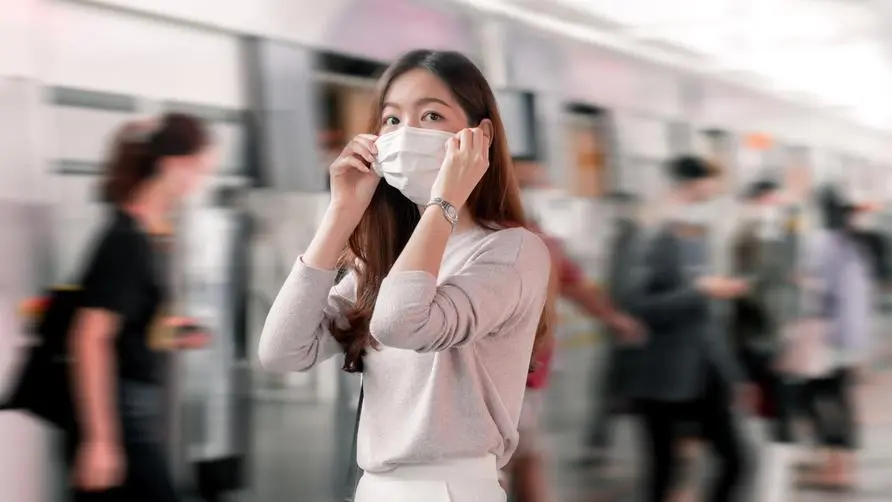The more aggressive the social media, the faster the virus will spread? Spreading rumors and making private appointments are the worst!

Modern people keep 3C products close to them and communicate online anytime and anywhere. In addition, during the previous level 3 alert period, many people worked from home and became veritable “homeboys and homegirls.” Without the ability to meet in person, relatives and friends relied on social media or video software to communicate. It is true that mobile phone communication tools and social media can meet human needs for communication, entertainment, etc. during the epidemic, but may it also be related to the intensification of the spread of the epidemic? Research by a Canadian scientific team believes that countries with higher use of social media are more likely to increase the spread of the new coronavirus?
The epidemic in the United States is worse than in Canada when social media is used to organize events
A research team formed by Canada’s York University and the University of British Columbia investigated 58 countries, including Ghana, Canada and the United States, to analyze how fast the virus spread in these countries during the COVID-19 pandemic. The research team found that countries with smaller youth populations had very low transmission rates, while countries with intermediate or high youth populations had the highest transmission rates. Simultaneously with this phenomenon, it has been discovered that countries that use social media more frequently also spread faster than other countries. Taking the United States and Canada as examples, Canadians use less social media, and the country’s basic infection number is also lower than that of the United States.
Jude, one of the leaders of the research. Conn (Jude Kong) said that the use of social media for organizing rallies and gatherings of friends is the main reason for the rapid expansion of the virus transmission chain. For example, the riots at the inauguration ceremony of US President Biden in 2021 are demonstrations. Groups connect through social media. When this incident occurred, the basic infection number in the United States surged significantly. However, the correlation between the use of social media and the rate of virus transmission needs further research to clarify the causal relationship. It can only be said that social media has the potential to trigger group behaviors that “connect online and offline”. During the COVID-19 pandemic, group movement may increase the risk of infection.
During the epidemic, false information spread all over the sky and spread rumors may be closed for 3 years
Although the relationship between social media and the spread of the virus remains to be studied, spreading false information during the epidemic will indeed cause panic among the people and do far more harm to epidemic prevention. According to Taiwan’s domestic statistics, from May 10 to 26, 2021, during the local epidemic outbreak, 161 false information appeared in Taiwan. False information related to the epidemic accounted for the vast majority, and more than half of the information was spread by people from abroad.
If you don’t know whether the information in family and friend groups and online articles during the epidemic is accurate, it is recommended to mainly rely on the daily confirmed cases and death toll provided by the competent authorities, as well as the announcements from the epidemic prevention press conference. If you have further doubts, you can filter messages through the “Taiwan Fact-Checking Center”; in addition, Taiwan’s most commonly used communication software “LINE” also has an official fact-checking system, which you can also make good use of. It should be noted that if you spread false information or rumors during the epidemic prevention period, you may be punished with up to three years in prison and a fine of 3 million yuan, so the public must pay attention.
Social media and all technological tools are double-edged swords for society. They can allow good ideas and content to spread quickly; conversely, they can also allow misinformation to spread and incite public anger and anxiety. At this stage, communication between people is mainly online for the time being, and wars of words on social media are endless. In fact, there is no need for you to let yourself fall into anxiety because of the comments made by those villagers and slanderous people. You might as well make good use of the convenience of technology to cheer up each other and remind each other to stay at home with important relatives and friends. Never use social media to spread false rumors or “privately arrange” gatherings with friends. At this time of nationwide epidemic prevention and control, everyone’s mobile phone may play an important role. Remember to think twice before posting or reposting, so as not to add more burdens to society.
source:
[Full text] The mysterious Telegram group behind the explosion of fake news as the epidemic heats up





